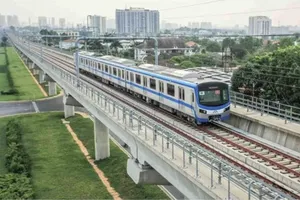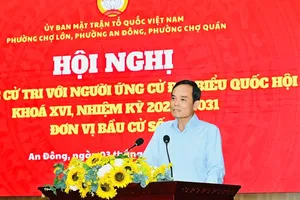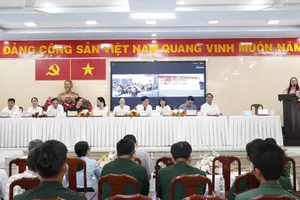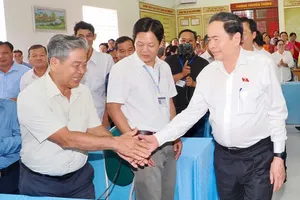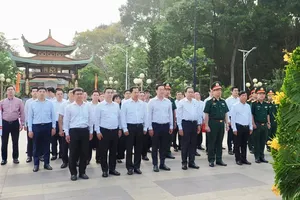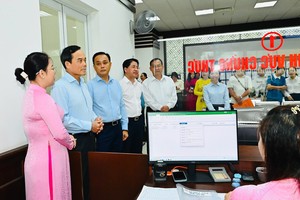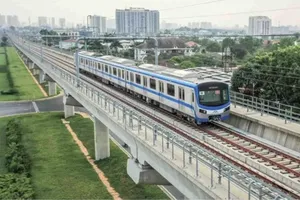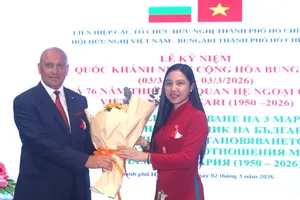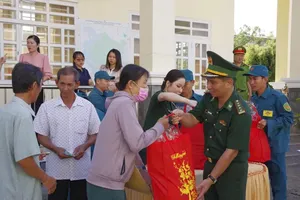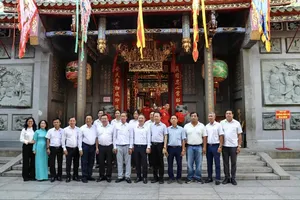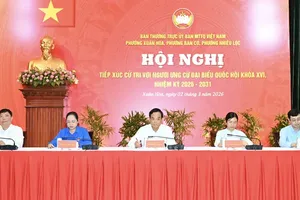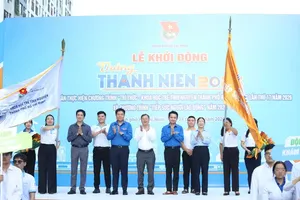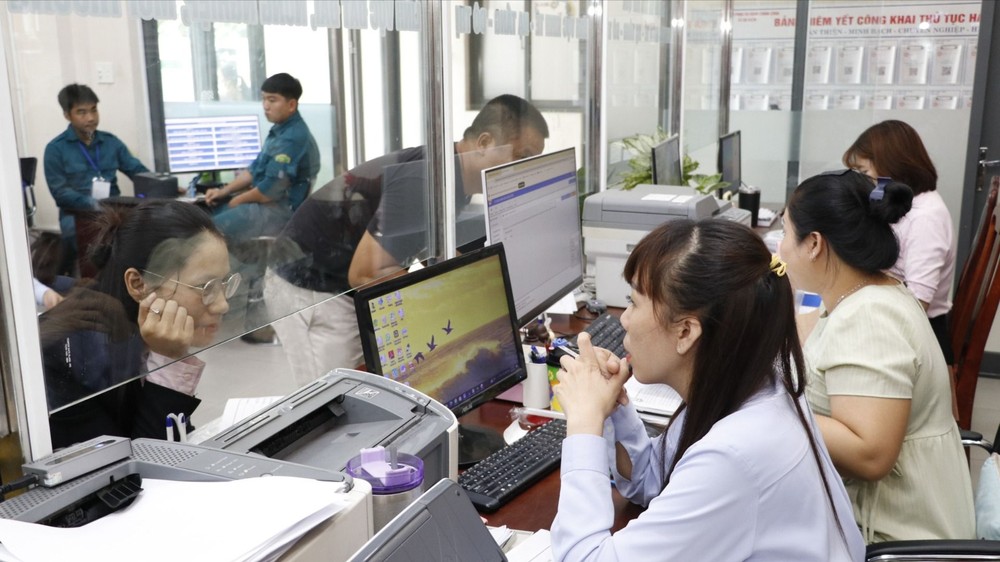
The Ho Chi Minh City People’s Committee has issued a comprehensive plan to assess, guide, and address challenges in the ongoing restructuring of commune-level administrative units and the implementation of the two-tier local government model, focusing on Phase I achievements and setting key priorities for Phase II.
As part of this plan, city authorities will conduct a thorough survey and evaluation of leadership, management, and governance practices in the restructuring process and operation of the two-tier model across 168 wards, communes, and special zones under HCMC’s jurisdiction.
Scheduled to begin in early August 2025, the survey will cover nine key areas, including the development of internal regulations for ward- and commune-level People’s Committees; organizational structure and staffing; the establishment of specialized departments, public administrative service centers, and affiliated public service units.
Authorities will also assess the progress and implementation of major local programs, schemes, and projects following the administrative mergers, as well as the rollout of the two-tier governance model. The evaluation will cover policies and support mechanisms for officials, civil servants, public employees, non-permanent staff, and contract workers impacted during Phase I of the model’s deployment.
Additionally, the plan will examine the allocation and adequacy of physical infrastructure, facilities, equipment, and IT systems at commune-level People’s Committees and public administrative service centers. This includes evaluating the quality of administrative services provided to citizens and businesses, the functionality of digital transmission lines at service centers, the issuance of digital signatures to authorized personnel, and the readiness of staff handling administrative records in specialized departments and service centers.
Preparations for the 2025–2030 tenure Party Congresses at all levels will also be reviewed to ensure adequate conditions are in place for successful organization.
The goal of this assessment is to build on the achievements of the 168 wards, communes, and special zones in proactively working with city departments to complete Phase I of the restructuring and governance reform. The plan also sets the stage for establishing 38 new public administrative service centers operating beyond traditional administrative boundaries, utilizing the facilities of former district-level People’s Committees.
Furthermore, the review aims to promptly identify and resolve outstanding issues, provide clear guidance on emerging challenges, and propose key tasks to strengthen the political system into a leaner, more effective, and high-performing structure. Ultimately, these efforts are designed to enhance public service quality for both residents and businesses across Ho Chi Minh City.
